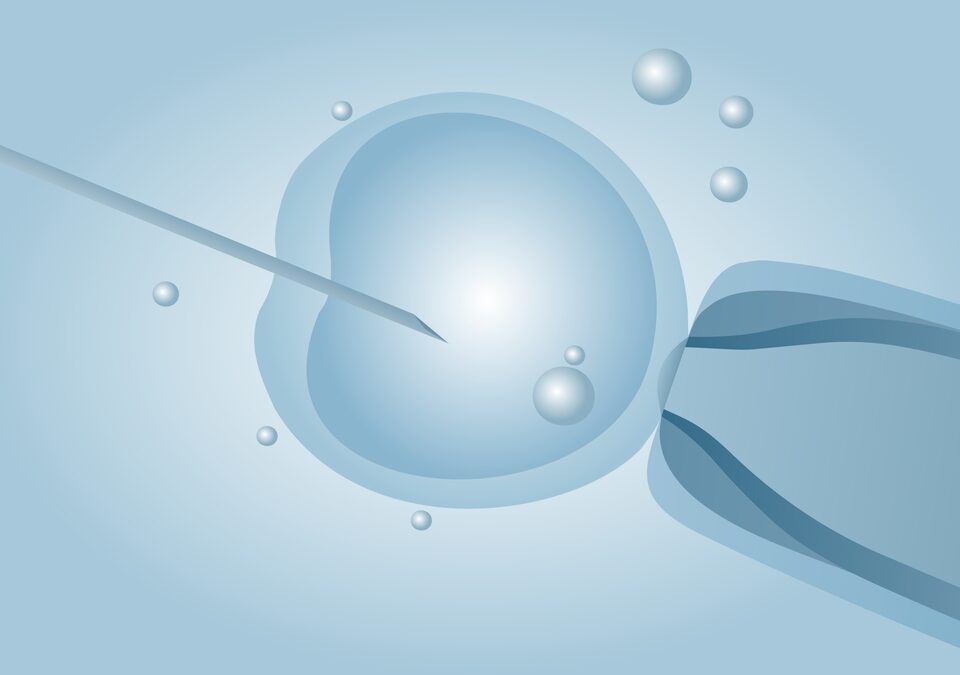Retired IVF physician enters a not guilty plea
十月 4, 2016The Need for Sperm Bank Transparency
十月 21, 2016Many former same-sex couples are fighting—and winning—legal parentage for the children they helped raised, despite having no biological relation to them nor having ever adopted them.
The recent decision made by the Massachusetts Supreme Judicial Court (SJC) involved Karen Partanen, and her former partner, Julie Gallagher. Through artificial insemination, the couple had two children who are currently four and eight years of age. Gallagher is the biological mother who gave birth to the children.
The ladies ended their relationship in 2013. Partanen co-parented her children, and after the breakup, she wanted the courts to recognize her as a legal parent.
But that didn’t happen.
AP Legal Affairs writer, Denise Lavoie writes, “A family court judge dismissed Partanen’s request, finding that she didn’t meet the requirements under state law because she and Gallagher were not married when the children were born, and Partanen is not a biological parent.”
That decision, however, was overturned by SJC. The highest court in the Commonwealth of Massachusetts ruled that Partanen could be granted the same parental rights as her children’s biological mother. SJC broadened their view of parentage: A non-biological gay parent could be a “presumptive parent” under their state law.
Moving forward, a biological parent may have a more difficult time blocking visitation from their ex-partners. In Massachusetts, estranged gay parents now have the potential to be reunited with their children, and this ruling may also help alleviate a non-biological parent’s deep concern from becoming alienated in the event of a breakup.
“The plain language of the provisions, then, may be construed to apply to children born to same-sex couples, even though at least one member of the couple may well lack biological ties to the children,” Justice Barbara Lenk wrote for the court in the unanimous decision.
In the article, Lavoie appropriately highlighted how SJC declared the legalization of gay marriage in Massachusetts. In 2003, Massachusetts was the first state in the country to recognize same-sex marriage. Many consider the state to remain on the fast track of equality especially following SJC’s recent ruling.
Representing Partanen was GLBTQ Legal Advocates and Defenders. Mary Bonauto, who serves as the firm’s civil rights project director, called SJC’s decision as a major victory for those who have contemporary families.
“It is especially a victory for the children in those families who should not be deprived of their parents because those parents are not married or used assisted reproduction,” she shared.
While this ruling is indeed groundbreaking, it’s on the heels of another landmark decision made in August. The New York Court of Appeals reversed the 1991 ruling of Matter of Alison D. v. Virginia M., which had enforced no visitation or custody rights to those that had no biological or adoptive ties to their children.
Change is happening—an optimistic domino effect of equality is starting to take shape.



